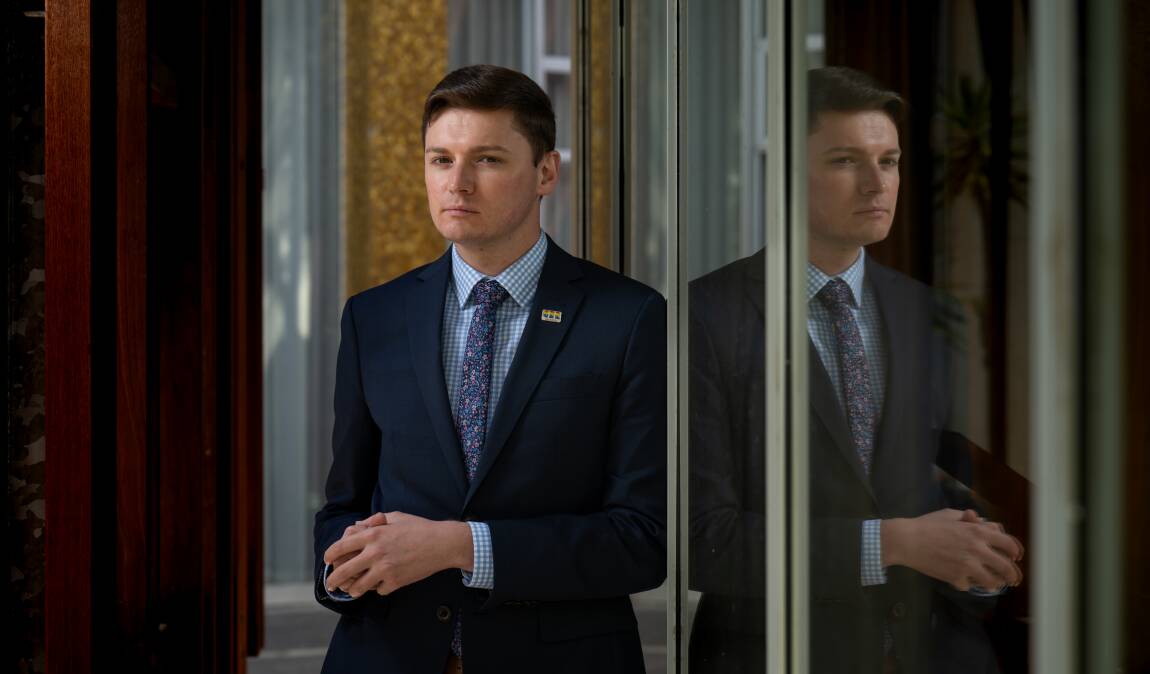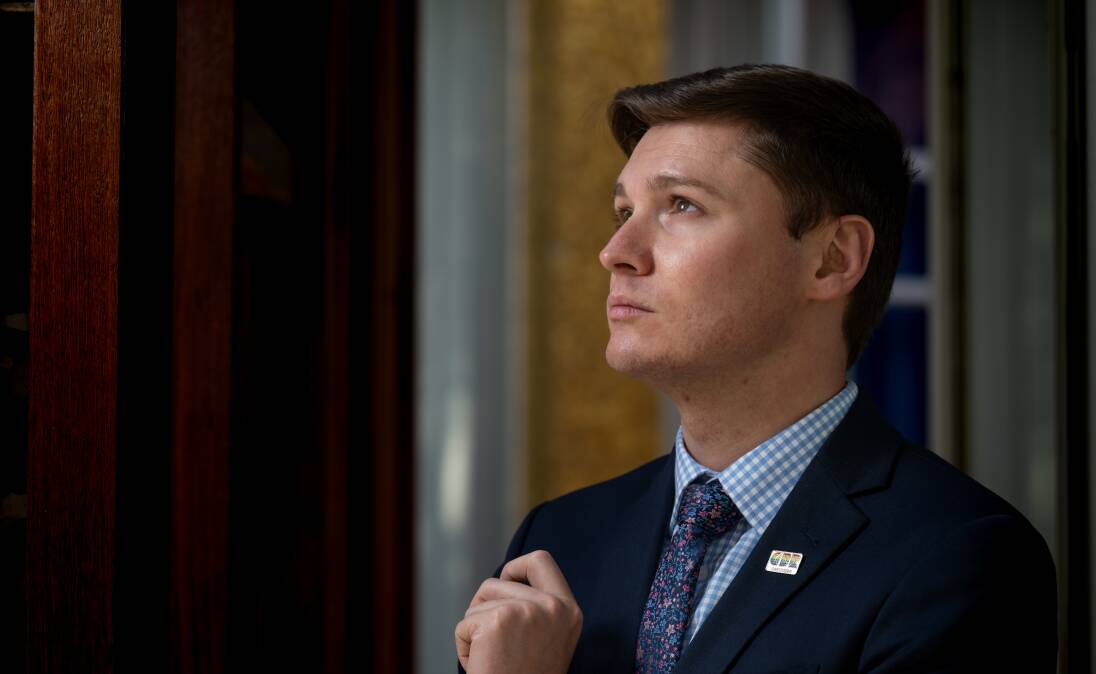Johnathan Davis knows what it is like caring for someone with a severe drug addiction. The burden, the drain and the tussle considering calling the police for help knowing someone he loved could face jail.
Mr Davis knew he was out of step with the Greens' policy platform on drugs: treating them as a health issue rather than a criminal one, with harm reduction measures to support people. He was uncomfortable with decriminalisation.
Taking up the mantle of leading the party's response to drug harm minimisation, he faced a personal and political reckoning.
"I was anxious about working on an area of policy where I know from the outset, my own lived experience and the biases that come from that lived experience may have put me out of sync with the Greens party platform," he said.
"I knew where those on my side of politics sat when it came to drug law reform and so I had this tension between my own experiences and the biases that had come from those experiences.
"It was a bit of an internal reckoning to say, 'Well how am I going to work on this policy challenge'."

Growing up, Mr Davis was the carer for a family member who suffered with drug addiction and the idea of decriminalisation sat uncomfortably with him.
"I cared for that family member for many years. That caring responsibility was a physical burden, an emotional burden, an intellectual burden. It's incredibly taxing," he said.
"Being a carer takes a lot out of you. It's a really thankless job. It's a very hidden job. And I use the word job literally; you can absolutely love the person you're caring for and overwhelmingly carers love the person they are caring for but it is a job. It's physically onerous and it drains you."
While he was uncomfortable at the idea of decriminalisation, Mr Davis felt an enormous amount of pressure growing up about whether to call the police on his family member.
"I was a child and I would rationalise both calling the police when the situation overwhelmed me ... and then really realising I couldn't because the person I love was going to possibly go to jail. That would impact my life and their life. No good came from that," he said.
"I don't want that for the next generation of young people who are forced into the situation that I found myself in."
Mr Davis was given the job of being the Greens' spokesman on drug harm minimisation but he was quietly hopeful he would not have to confront the issue for a while.
That all changed when Labor backbencher Michael Pettersson brought forward a private members' bill proposing those caught with drugs be given a fine instead of facing criminal penalties.
It meant Mr Davis was leading his party's response to an issue where he felt so conflicted. Not only that, but he also became the Greens' representative on a select committee inquiring into Mr Pettersson's bill.

But Mr Davis decided to tackle the challenge head-on. He wanted to ensure the inquiry spoke to everyone, including police, lawyers, victims of crime, advocates, academics, people who had suffered with drug addiction and family members who had watched people suffer with addiction.
He was forced to fully confront and acknowledge his bias.
Mr Davis said all of the witnesses provided compelling arguments but it was the testimonies of those who had lost family members to substance abuse who brought him across the line.
"Family and friends of people who we have lost to the war on drugs and their drug addiction, it is really hard to look those thoughtful, smart people in the eye and tell them that the way that we're dealing with drug use in this country is OK," he said.
"I knew at that moment we had to do something different. That was the penny-drop moment for me where I was able to acknowledge the status quo doesn't work."
The ACT's new drug decriminalisation laws will come into effect on October 28 and under the scheme people caught with small amounts of illicit drugs will receive either $100 fine or will have to attend a diversionary program.
Under the current law, a person caught with drugs can face an $8000 fine or two years in jail.
Very few people in the territory are charged for possession alone under the current laws.







